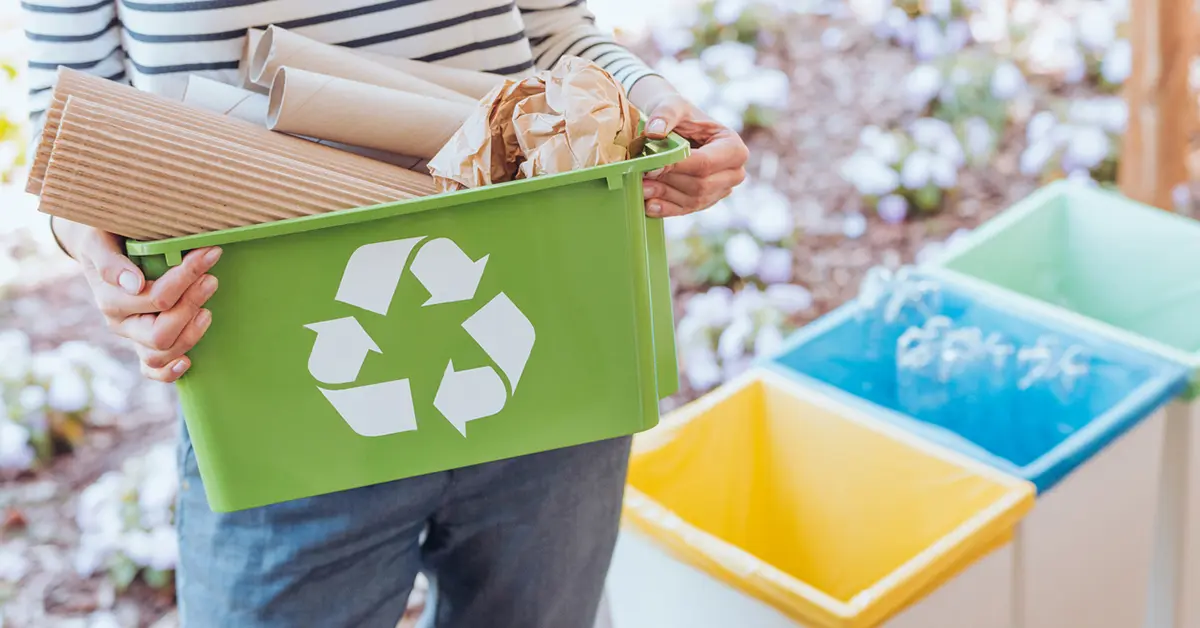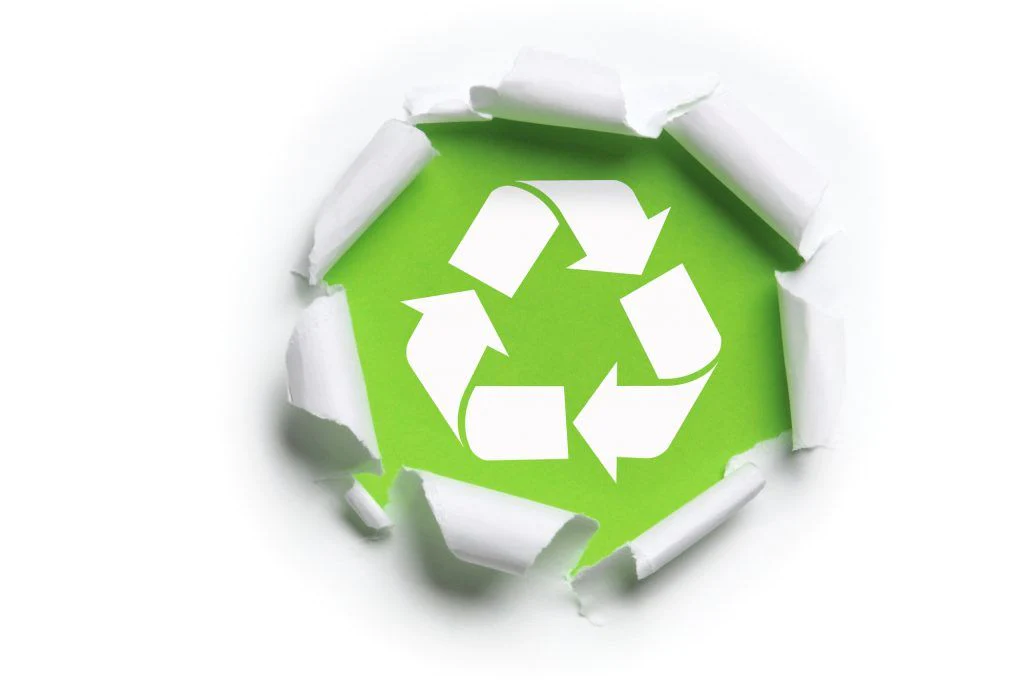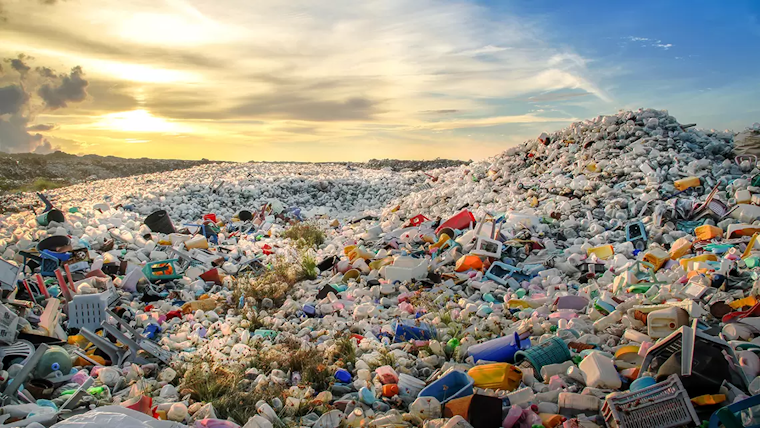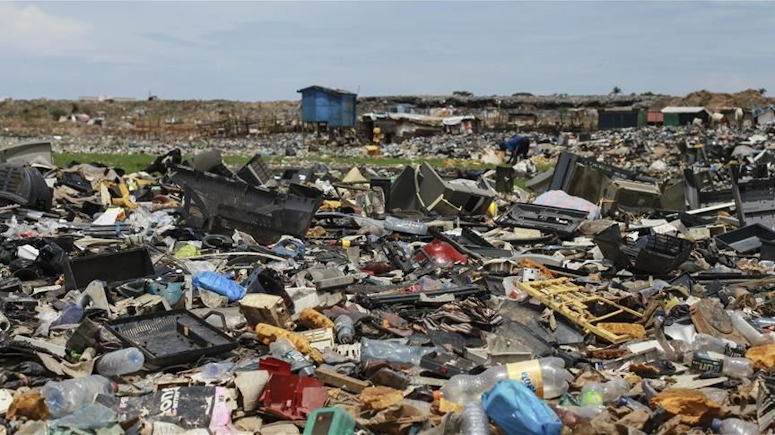Recycling is the process of converting waste materials into new products. It is a critical component of waste management as it helps reduce the amount of waste sent to landfills, conserves natural resources, reduces pollution, and saves energy. Recycling has become increasingly important as the world grapples with the consequences of climate change and environmental degradation. In this article, we will explore the importance of recycling and why it is essential for our planet’s health.
Reducing Waste in Landfills
One of the most significant benefits of recycling is the reduction in waste that ends up in landfills. Landfills are vast spaces used to store and dispose of waste. They can take up large areas of land and have negative effects on the environment. Waste materials that are left to decompose in landfills can produce harmful chemicals and gases that are released into the atmosphere, contributing to air pollution.
By recycling, we reduce the amount of waste sent to landfills, thereby reducing the negative effects on the environment. This means that we need fewer landfills, which saves land that could be used for other purposes, such as agriculture, wildlife conservation, or housing. Moreover, recycling also reduces the need for waste transportation, which reduces carbon emissions from vehicles.
Conserving Natural Resources
Recycling helps conserve natural resources by reducing the need for virgin materials. Virgin materials are raw materials that are extracted from the earth, such as trees, minerals, and fossil fuels. The extraction of these materials can have a significant impact on the environment, including deforestation, water pollution, soil erosion, and habitat destruction.
By recycling materials such as paper, plastic, and metal, we can reduce the demand for virgin materials. For example, recycling one ton of paper saves 17 trees, 7,000 gallons of water, and 463 gallons of oil. Additionally, recycling aluminum cans saves 95% of the energy required to produce new cans from virgin materials. By conserving natural resources through recycling, we can help protect the planet’s ecosystems and biodiversity.
Reducing Pollution
Another important benefit of recycling is that it helps reduce pollution. The production of new products from virgin materials often involves the release of harmful pollutants into the air, water, and soil. For example, the production of paper from virgin pulp requires large amounts of water and chemicals, which can contaminate water sources and harm aquatic life.
By recycling materials, we reduce the amount of pollution generated during the production of new products. This can help improve air and water quality and reduce the negative effects of pollution on human health. Additionally, recycling can help reduce greenhouse gas emissions, which contribute to climate change.
Saving Energy
Recycling also saves energy by reducing the amount of energy required to produce new products. The production of new products from virgin materials often requires large amounts of energy, such as electricity and fossil fuels. By recycling materials, we can reduce the amount of energy needed to produce new products, thereby reducing greenhouse gas emissions.
For example, recycling one ton of plastic saves the equivalent of 1,000 to 2,000 gallons of gasoline. Recycling aluminum cans saves 95% of the energy required to produce new cans from virgin materials. By saving energy through recycling, we can reduce our reliance on fossil fuels, which helps combat climate change.
Economic Benefits
Recycling also has economic benefits. Recycling creates jobs in industries such as waste management, recycling, and manufacturing. According to the EPA, the recycling and reuse industry in the United States employs over 1.1 million workers, generating $37 billion in wages and $6.7 billion in tax revenues.
Moreover, recycling can save money for businesses and households. By reducing the amount of waste sent to landfills, businesses can save on waste disposal costs. Additionally, recycling can reduce the cost of producing new products as recycled materials are often cheaper than virgin materials. This can make products more affordable for consumers, which can boost the economy.
Environmental Sustainability
Recycling is an essential aspect of environmental sustainability. Sustainability refers to meeting the needs of the present without compromising the ability of future generations to meet their needs. By recycling, we are preserving natural resources and reducing waste, which helps ensure a sustainable future.
Sustainability is increasingly important as the world population continues to grow, putting pressure on natural resources and the environment. By recycling, we are promoting responsible resource use and reducing our impact on the environment. This can help ensure that future generations have access to the resources they need to thrive.
Community Benefits
Recycling can also have community benefits. Recycling programs can bring communities together by promoting a shared commitment to environmental sustainability. Recycling can also help reduce litter and beautify public spaces.
Moreover, recycling can help reduce the negative impacts of waste on disadvantaged communities. Many waste disposal facilities are located in or near low-income communities and communities of color. These communities often face a disproportionate burden of environmental pollution and health risks associated with waste disposal. By reducing waste and promoting recycling, we can help reduce the negative impacts on these communities.
Conclusion
In conclusion, recycling is crucial for our planet’s health and sustainability. Recycling helps reduce waste in landfills, conserve natural resources, reduce pollution, save energy, create jobs, and promote community benefits. By recycling, we are taking an important step towards a more sustainable future. It is essential that we all do our part by recycling whenever possible and supporting policies and initiatives that promote recycling and responsible waste management. Together, we can make a positive impact on our planet and ensure a healthier future for generations to come.






